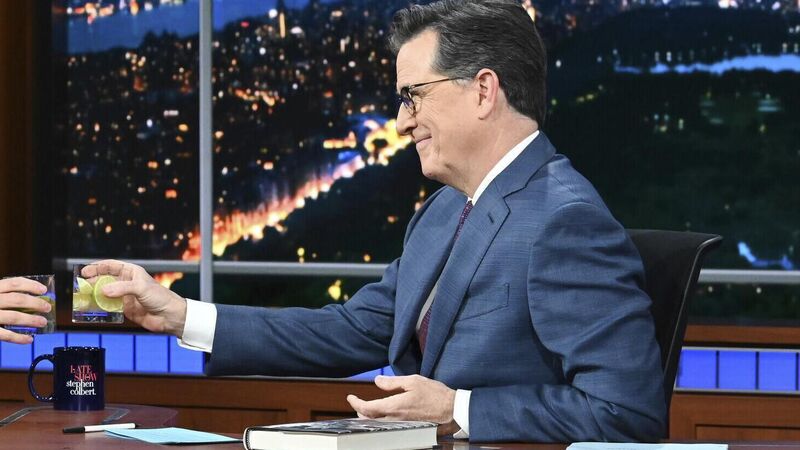Colin Sheridan: Stephen Colbert's axing brings to mind the lack of political satire here

Stephen Colbert during a taping of "The Late Show with Stephen Colbert" in 2023. The loss of Colbert’s show leaves a hole — one that’s political, comic, and uncomfortably silent. File photo: Scott Kowalchyk/CBS via AP
To most of us this side of the pond, Stephen Colbert exists as a series of funny clips on social media.
Unless you live, or travel regularly to America, it's unlikely his show — — is a regular part of your televisual lexicon, especially as it airs at 11.35pm. Still, for all the obscurity of his existence relative to us, one could argue he's never been as popular.















